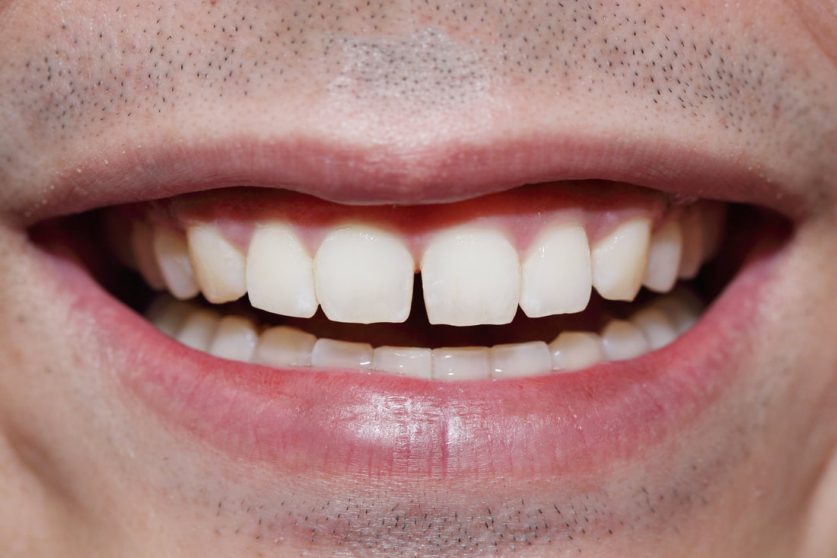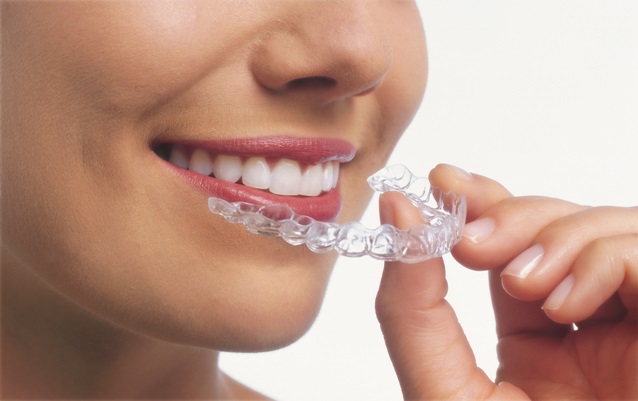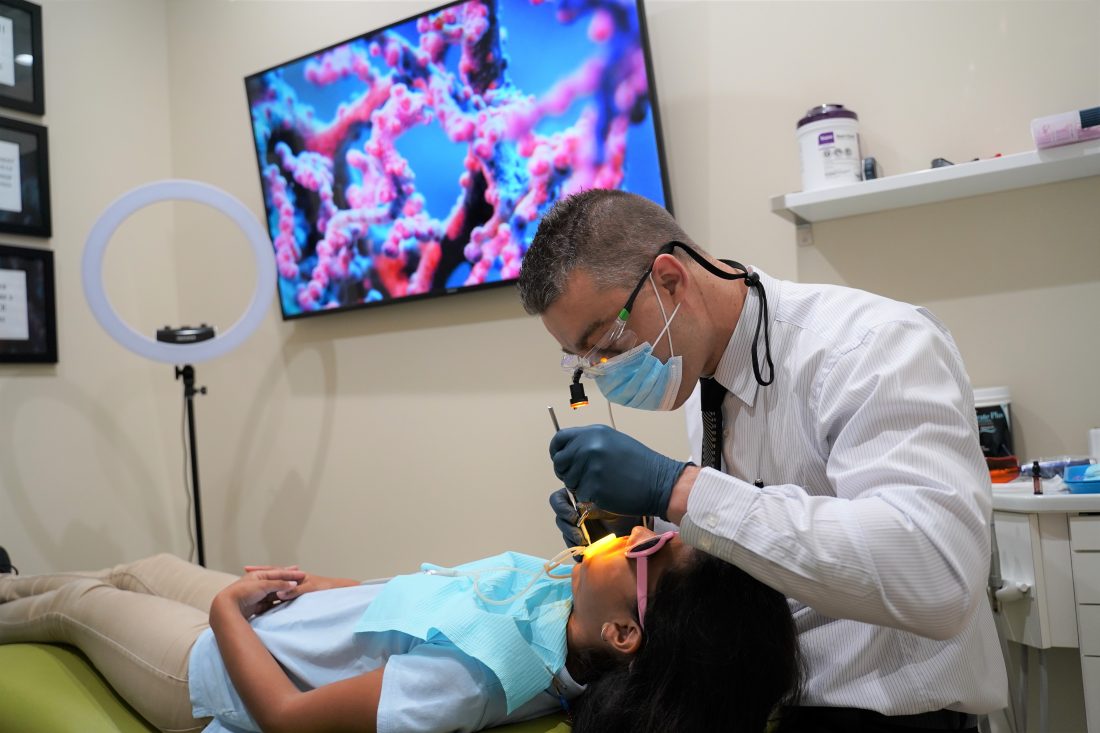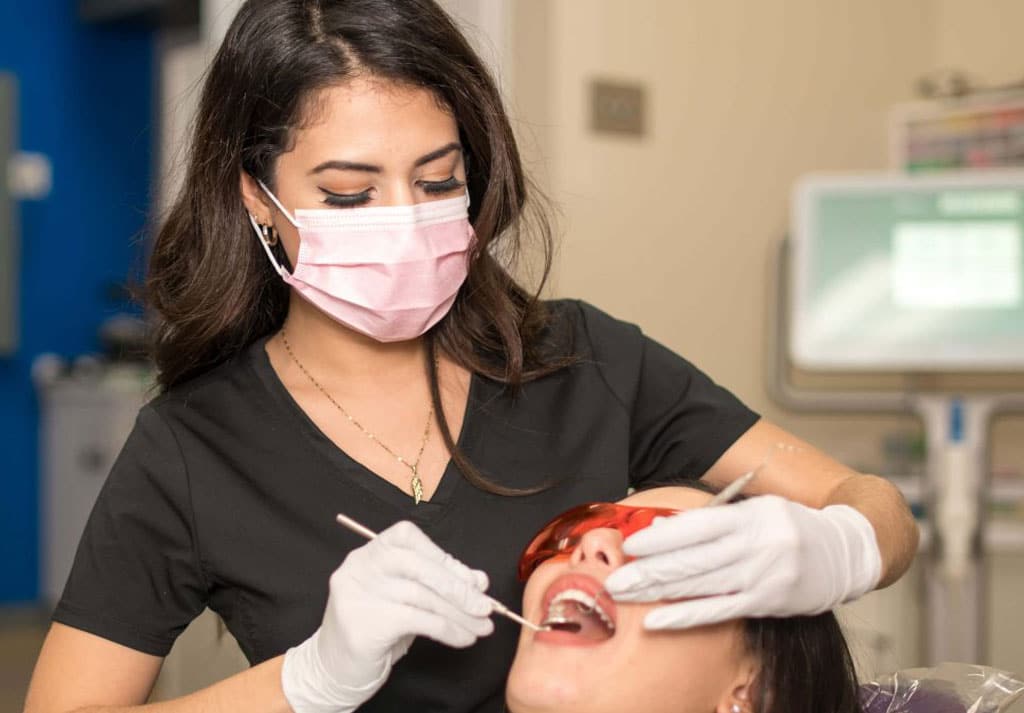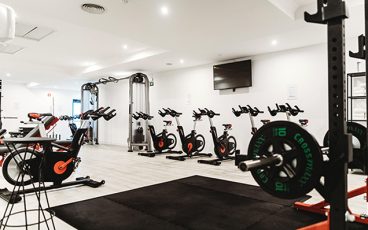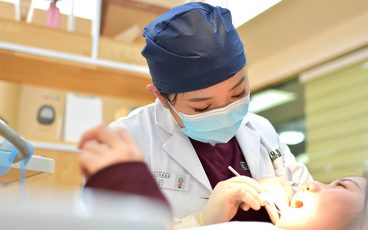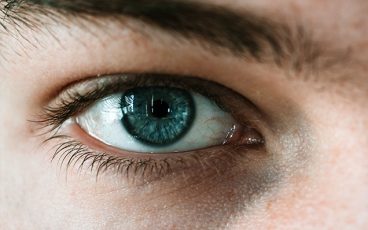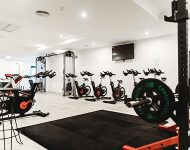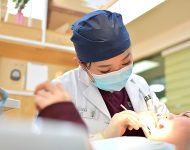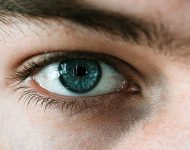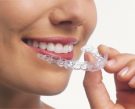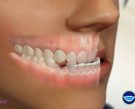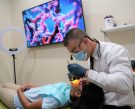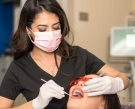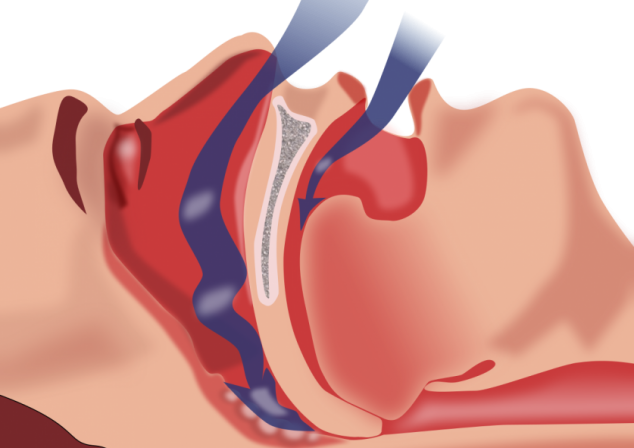
During the episodes of obstructive sleep apnea, the patient gets disturbed sleep during the night resulting in daytime fatigue, restlessness, and tiredness. This disorder might also stimulate serious diseases, including high blood pressure, heart disease, and diabetes. Consult a sleep apnea specialist to have a precise diagnosis & treatment.
What is Sleep Apnea?
Houston sleep apnea is a critical sleep disorder illustrated by repeated pauses in breathing during sleep. Basically, it has two types:
Obstructive Sleep Apnea
This is one of the most common types attributed to excessive relaxation of muscles at the back of the throat that may hinder upper airways either entirely or partially. After a certain period, the demand for oxygen rises, and the sleeper gasps or snores abruptly while struggling to regain normal breathing. Visit a sleep apnea specialist near me for a precise diagnosis and treatment.
Central Sleep Apnea
This is a far less common type than Obstructive Sleep Apnea, in which the airways remain open. Still, chest muscles and diaphragm don’t receive brain signals to expand the lungs properly.
When to take a Sleep Apnea test?
Take an appointment with a sleep doctor or physician if you develop symptoms like loud snoring with periods of silence or daytime sleepiness that interferes with your daily work. The sleep physician may request you to take a sleep study test to diagnose the rigor of Obstructive Sleep Apnea. A sleep study test is a painless procedure in which experts study the patients’ conditions like breathing patterns, heart rate, oxygen levels in the blood, and limb movements. Book an appointment with a local specialist to get treatment for central sleep apnea.
What Sleep Apnea Treatment should you adopt?
Once you have taken a Sleep study test, you will know the severity of your condition, and based on that, you may choose a treatment for central sleep apnea in adults and improve your life.
● Continuous positive airway pressure (CPAP):
One of the most effective sleep apnea treatments recommended for treating severe conditions is Continuous positive airway pressure (CPAP). It is the most effective and widely used non-surgical method. during the treatment, professionals recommend wearing a mask. Patients have to cover the nose and air is forced throughout the night to keep the throat open.
Other methods that act as the most superficial sleep apnea treatment at sleep apnea clinic 77019 are adopting a few lifestyle changes. These are:
- Losing weight.
Even losing 10 percent of total body weight would likely help.
- Do not sleep on your back but on your sides during the night. You can sew a tennis ball in pajamas to prevent sleeping on your back, as that position might encourage episodes of apnea in you.
- Avoid smoking, alcohol consumption, and medications that make you sleepy.
- Do not eat heavy meals in the evening.
- Custom-fitted mouthpieces can also work after a sleep apnea test for those diagnosed with mild to moderate sleep apnea. A dentist or orthodontist fabricates & fits them. These mouthpieces reposition the lower jaw and tongue to keep your throat open during sleep.
- Surgery can also help improve the problem of Obstructive sleep apnea in many cases. However, experts perform this treatment only on those with severe apnea and do not respond to other treatments. In surgeries, tissues might be removed, and in some cases, tonsils and adenoids might also be removed.
During those gasps of sleep, due to Central or Obstructive Sleep Apnea, the sleeper rarely awakes fully during the night but tends to become tired the following day. This is because Obstructive sleep apnea prevents achieving the deeper stages of sleep. This may also promote severe cardiovascular problems such as high blood pressure, diabetes, abnormal heart rhythms, and heart failure.
Hence, a sleep apnea test will ensure whether your problem is mild or severe and what Sleep Apnea treatment is suitable for you.
0 Comments 1466 Views
YOU MAY ALSO LIKE
share
About me
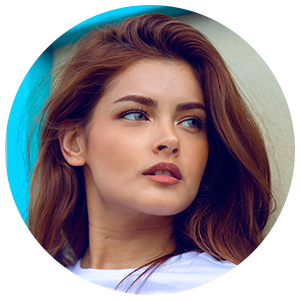
Health And Healthy Tips is Free health blog, If you wish to be part of this blog and want to conribute contents which are interesting for our readers, please contact us.
CATEGORY
- Beauty (19)
- BUSINESS (3)
- Dental Care (186)
- Eye Care (12)
- Fitness (23)
- Healthy Life (179)
- Men's (10)
- Women's (12)

